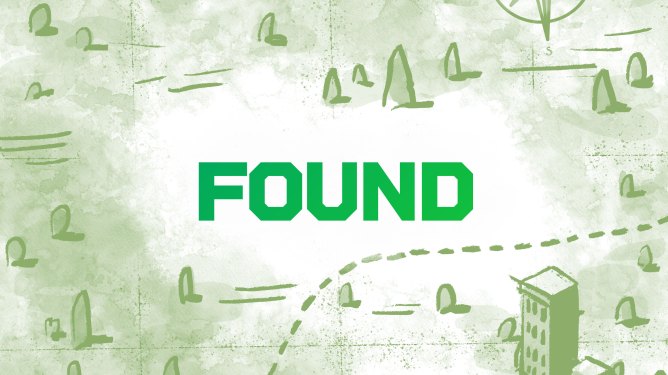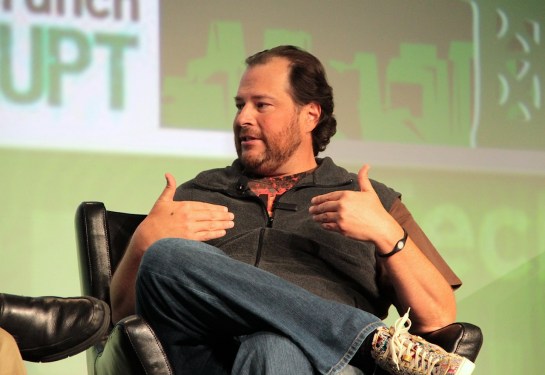Welcome to Found, Where We Get the Stories Behind the Startups
On today’s episode, host Rebecca Szkutak, joined by our old friend Darrell Etherington, talk with Nasrat Khalid of Aseel. Aseel started as an e-commerce company making it possible for local artisans in Afghanistan to sell to customers across the world and has evolved into working in humanitarian aid, delivering emergency food supplies to people in need in Afghanistan and Turkey.
How Aseel Built a Digital Infrastructure
Aseel’s journey began with the goal of creating a digital infrastructure that would enable artisans in developing countries to connect with customers worldwide. Nasrat Khalid shares his insights on how they achieved this:
"…our mission was to create a platform where local artisans could sell their products directly to consumers globally. We realized that there were many obstacles, such as language barriers, cultural differences, and lack of access to technology. So, we developed a platform that would bridge these gaps and make it easy for artisans to reach a global audience."
The team at Aseel recognized the importance of building a robust digital infrastructure that would cater to the specific needs of their users. They invested heavily in developing a user-friendly interface, integrating multiple payment gateways, and providing support for various languages.
"…we knew that our platform had to be intuitive and easy to use, even for those who were not tech-savvy. We also recognized the need for secure payment options, as well as multilingual support, to cater to artisans from diverse backgrounds."
From E-commerce to Humanitarian Aid
In 2021, Afghanistan went into crisis, and Aseel pivoted its focus from e-commerce to humanitarian aid. Nasrat Khalid shares his thoughts on this significant shift:
"…the situation in Afghanistan was dire, and we realized that our platform could be repurposed to deliver critical supplies, such as food, to those in need. We collaborated with local organizations and NGOs to identify areas where assistance was required most urgently."
Aseel’s team worked tirelessly to adapt their infrastructure to support the delivery of emergency aid. They leveraged their existing network of artisans and logistics partners to facilitate the distribution of vital supplies.
"…our experience in e-commerce had provided us with a strong foundation for scalability, and our partnerships allowed us to quickly mobilize resources to respond to the crisis."
Potential Ethical Concerns
As Aseel’s work expanded into humanitarian aid, they faced new challenges and raised important questions about the ethics of operating in vulnerable environments. Nasrat Khalid acknowledges these concerns:
"…we recognize that working with some of the world’s most vulnerable populations comes with significant responsibilities. We must ensure that our actions do not inadvertently exacerbate existing issues or create dependency on external assistance."
Aseel is committed to addressing these challenges through careful planning, collaboration with local stakeholders, and a commitment to long-term sustainability.
The Future of Digital Infrastructure
As the world continues to evolve, digital infrastructure will play an increasingly vital role in connecting communities, driving economic growth, and delivering essential services. Nasrat Khalid shares his vision for Aseel’s future:
"…we believe that our platform has the potential to not only benefit artisans but also contribute to broader development goals, such as poverty reduction, education, and healthcare."
By expanding its capabilities and partnerships, Aseel aims to create a more equitable and inclusive digital ecosystem that empowers marginalized communities.
Conclusion
Aseel’s journey is a testament to the power of innovation and adaptability in addressing complex challenges. By building a robust digital infrastructure and pivoting their focus in response to crisis, they have demonstrated their commitment to creating positive impact.
As we conclude this episode, we invite you to explore more stories from founders who are shaping the world with their ideas and entrepreneurial spirit. Subscribe to Found to hear more episodes each week and connect with us on Twitter, Instagram, or via email at found@techcrunch.com.
Listen to More Episodes
- Former Bonobos founder is rethinking social media: Maggie Stamets explores how Brian Spaly, co-founder of Bonobos, is now working on a new startup focused on creating more meaningful interactions online.
- Alloy Women’s Health is making menopausal care accessible: Maggie Stamets talks with the team behind Alloy Women’s Health, who are developing innovative solutions to address the unique needs of women during menopause.
- Collibra is bringing data governance into the AI era: Maggie Stamets discusses how Collibra is helping organizations manage their data and ensure responsible AI development.
About the Guest
Nasrat Khalid is the founder of Aseel, a platform connecting artisans in developing countries with global customers. He has extensive experience in e-commerce and humanitarian aid, having worked in various capacities to support economic growth and disaster relief efforts.
About the Hosts
- Rebecca Szkutak: Senior Reporter at TechCrunch, covering venture capital trends and startups.
- Darrell Etherington: Editor-at-Large at TechCrunch, writing on space, science, and health tech.




